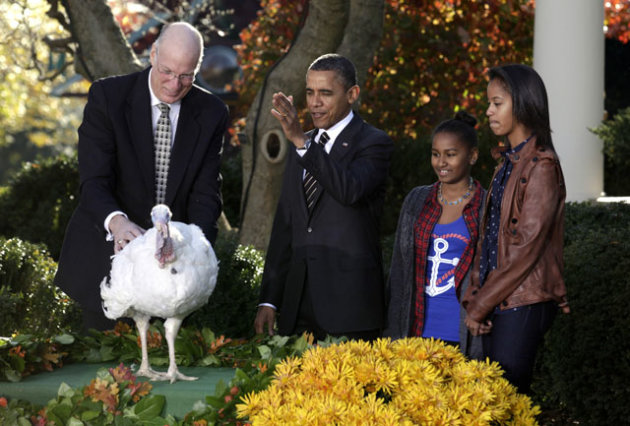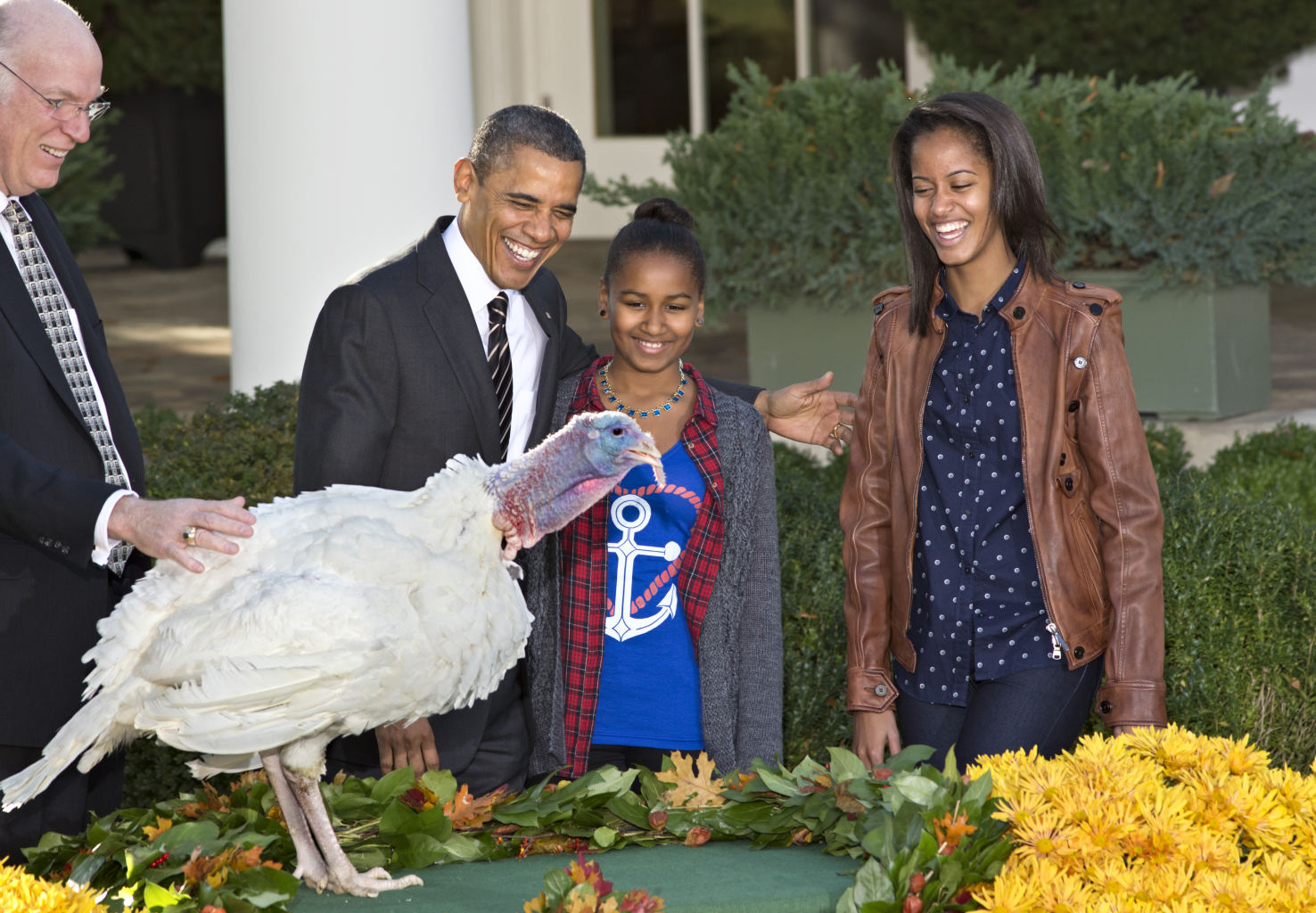The Hamas Charter (The Covenant of the Islamic Resistance Movement)
TUESDAY, JANUARY 31, 2012
We hear about the Hamas Charter quite often... but we only see an occasional extract from it. I though it might be useful to post the whole document: The Hamas Charter
It is a tough read, but worth it! I understand that florid language is part of Arab culture... but still! There are bits that are hard to believe, like Article 19, line 4:
All this is utterly serious and no jest, for those who are fighters do not jest.
Here are a few other extracts that I found significant:
- "Israel will exist and will continue to exist until Islam will obliterate it, just as it obliterated others before it" (The Martyr, Imam Hassan al-Banna, of blessed memory). -- Foreword
- Our struggle against the Jews is very great and very serious. It needs all sincere efforts. It is a step that inevitably should be followed by other steps. The Movement is but one squadron that should be supported by more and more squadrons from this vast Arab and Islamic world, until the enemy is vanquished and Allah's victory is realised. -- Introduction
- The Islamic Resistance Movement is one of the wings of Muslim Brotherhood in Palestine. -- Article 2
- The Prophet, Allah bless him and grant him salvation, has said:
- "The Day of Judgement will not come about until Muslims fight the Jews (killing the Jews), when the Jew will hide behind stones and trees. The stones and trees will say O Muslims, O Abdulla, there is a Jew behind me, come and kill him. Only the Gharkad tree, (evidently a certain kind of tree) would not do that because it is one of the trees of the Jews." (related by al-Bukhari and Muslim). -- Article 7, line 6
- Nationalism, from the point of view of the Islamic Resistance Movement, is part of the religious creed. Nothing in nationalism is more significant or deeper than in the case when an enemy should tread Muslim land. Resisting and quelling the enemy become the individual duty of every Muslim, male or female. A woman can go out to fight the enemy without her husband's permission, and so does the slave: without his master's permission. -- Article 12, line 1
- Initiatives, and so-called peaceful solutions and international conferences, are in contradiction to the principles of the Islamic Resistance Movement. -- Article 13, line 1
- Now and then the call goes out for the convening of an international conference to look for ways of solving the (Palestinian) question. Some accept, others reject the idea, for this or other reason, with one stipulation or more for consent to convening the conference and participating in it. Knowing the parties constituting the conference, their past and present attitudes towards Muslim problems, the Islamic Resistance Movement does not consider these conferences capable of realising the demands, restoring the rights or doing justice to the oppressed. These conferences are only ways of setting the infidels in the land of the Muslims as arbitraters. When did the infidels do justice to the believers? -- Article 13, line 2
- There is no solution for the Palestinian question except through Jihad. Initiatives, proposals and international conferences are all a waste of time and vain endeavors. -- Article 13, line 4
- It is necessary to follow Islamic orientation in educating the Islamic generations in our region by teaching the religious duties, comprehensive study of the Koran, the study of the Prophet's Sunna, and learning about Islamic history and heritage from their authentic sources. -- Article 16, line 1
- The Muslim woman has a role no less important than that of the Muslim man in the battle of liberation. She is the maker of men. Her role in guiding and educating the new generations is great. The enemies have realised the importance of her role. They consider that if they are able to direct and bring her up they way they wish, far from Islam, they would have won the battle. That is why you find them giving these attempts constant attention through information campaigns, films, and the school curriculum, using for that purpose their lackeys who are infiltrated through Zionist organizations under various names and shapes, such as Freemasons, Rotary Clubs, espionage groups and others, which are all nothing more than cells of subversion and saboteurs. -- Article 17, line 1
- Woman in the home of the fighting family, whether she is a mother or a sister, plays the most important role in looking after the family, rearing the children and embuing them with moral values and thoughts derived from Islam. She has to teach them to perform the religious duties in preparation for the role of fighting awaiting them. That is why it is necessary to pay great attention to schools and the curriculum followed in educating Muslim girls, so that they would grow up to be good mothers, aware of their role in the battle of liberation. -- Article 18, line 1
- For a long time, the enemies have been planning, skillfully and with precision, for the achievement of what they have attained. ... They strived to amass great and substantive material wealth which they devoted to the realisation of their dream. With their money, they took control of the world media, news agencies, the press, publishing houses, broadcasting stations, and others. With their money they stirred revolutions in various parts of the world with the purpose of achieving their interests and reaping the fruit therein. They were behind the French Revolution, the Communist revolution and most of the revolutions we heard and hear about, here and there. With their money they formed secret societies, such as Freemasons, Rotary Clubs, the Lions and others in different parts of the world for the purpose of sabotaging societies and achieving Zionist interests. With their money they were able to control imperialistic countries and instigate them to colonize many countries in order to enable them to exploit their resources and spread corruption there. -- Article 22, line 1
- Secularism completely contradicts religious ideology. Attitudes, conduct and decisions stem from ideologies.
- That is why, with all our appreciation for The Palestinian Liberation Organization - and what it can develop into - and without belittling its role in the Arab-Israeli conflict, we are unable to exchange the present or future Islamic Palestine with the secular idea. -- Article 27, lines 3-4
- The Zionist invasion is a vicious invasion. It does not refrain from resorting to all methods, using all evil and contemptible ways to achieve its end. It relies greatly in its infiltration and espionage operations on the secret organizations it gave rise to, such as the Freemasons, The Rotary and Lions clubs, and other sabotage groups. All these organizations, whether secret or open, work in the interest of Zionism and according to its instructions. They aim at undermining societies, destroying values, corrupting consciences, deteriorating character and annihilating Islam. It is behind the drug trade and alcoholism in all its kinds so as to facilitate its control and expansion. -- Article 28, line 1
- The Islamic Resistance Movement consider itself to be the spearhead of the circle of struggle with world Zionism and a step on the road. The Movement adds its efforts to the efforts of all those who are active in the Palestinian arena. Arab and Islamic Peoples should augment by further steps on their part; Islamic groupings all over the Arab world should also do the same, since all of these are the best-equipped for the future role in the fight with the warmongering Jews. -- Article 32, line 6
- The Islamic Resistance Movement views seriously the defeat of the Crusaders at the hands of Salah ad-Din al-Ayyubi and the rescuing of Palestine from their hands, as well as the defeat of the Tatars at Ein Galot, breaking their power at the hands of Qataz and Al-Dhaher Bivers and saving the Arab world from the Tatar onslaught which aimed at the destruction of every meaning of human civilization. The Movement draws lessons and examples from all this. -- Article 35, line 1































